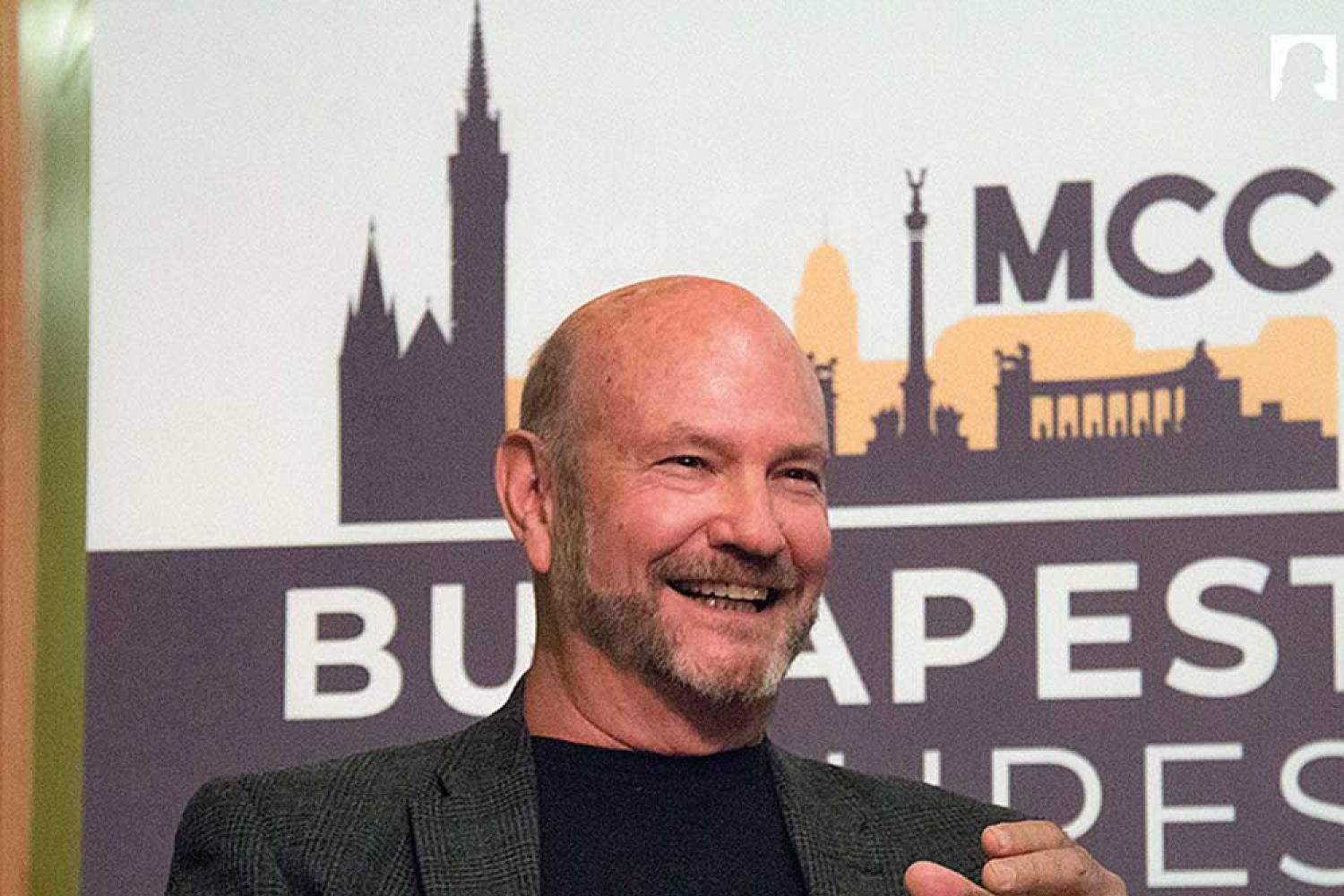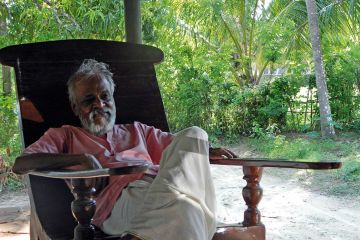
The future of democracy is triggering angst among political scientists and observers. As more right-wing populist parties are voted into office the world over, their anxiety continues to increase. Some think that this phenomenon is a corrective, a mere fork in the road, towards the realisation of a better-honed democracy. Others see at the end of this tunnel, a bigger tunnel.In his paper—Democracy Devouring Itself: The Emancipation of the Incompetent Citizen and the Siren Call of Right Wing Pop





